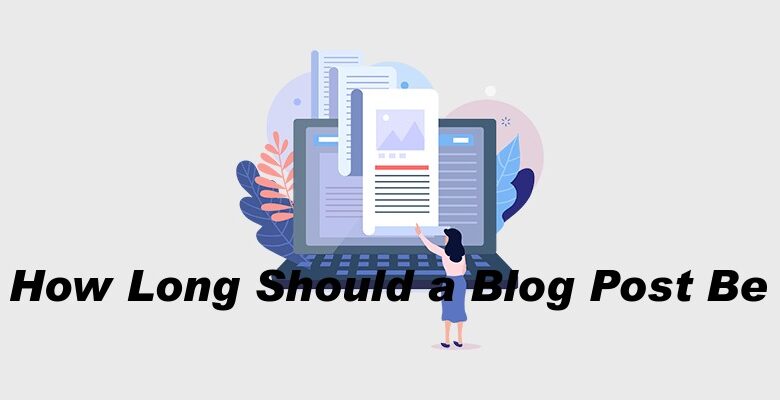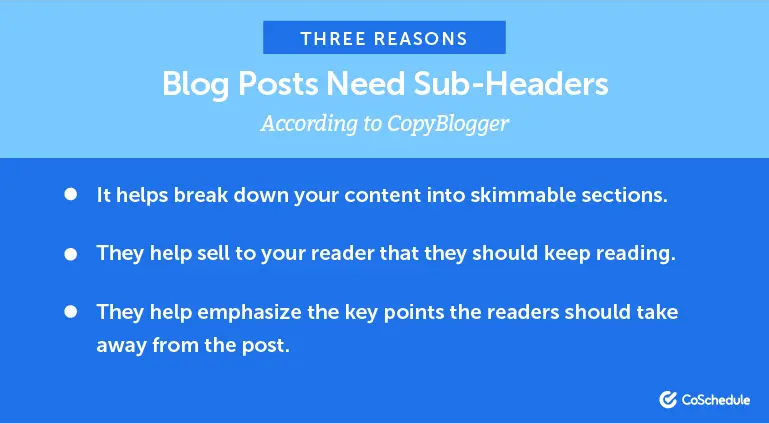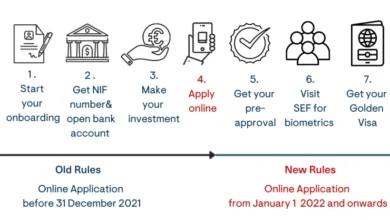How Long Should a Blog Post Be? The Complete Guide to Finding the Perfect Length

When it comes to blogging, one of the most debated questions is: how long should a blog post be? Some people say shorter is better because attention spans are shrinking. Others argue that long-form content is king because it ranks better on search engines and provides more value. So, who’s right? The truth is, the “perfect” length depends on your goals, your audience, and your niche. In this article, we’ll dig deep into the factors that determine blog post length and help you find the sweet spot for your content.
Why How Long Should a Blog Post Be Length Matters in the First Place
Before we even dive into the numbers, let’s talk about why length matters. A How Long Should a Blog Post Be isn’t just about putting words on a page. It’s about delivering value, engaging your readers, and achieving your business or personal goals. And length plays a surprisingly big role in all of this.
First, let’s look at user experience. When someone clicks on your How Long Should a Blog Post Be, they come with expectations. If your article is too short, they may feel like you didn’t give them enough information. On the other hand, if it’s unnecessarily long and filled with fluff, they might leave halfway through. The length determines how satisfied they feel after reading, which directly impacts whether they come back or recommend your blog to others.
Then, there’s the SEO angle. Search engines like Google often prefer longer, well-structured content because it’s more likely to cover a topic thoroughly. This doesn’t mean every post needs to be a 3,000-word essay, but it does mean that depth is rewarded. How Long Should a Blog Post Be length influences not just your reader’s experience but also your visibility online.
Finally, length matters for conversions. Whether you’re trying to sell a product, grow your email list, or simply build a community, the amount of content you provide can affect how persuasive your blog is. A 400-word article might give readers a taste, but a 1,500-word deep dive might How Long Should a Blog Post Be what convinces them to take action.
The Short How Long Should a Blog Post Be: When Less Is More

Not every How Long Should a Blog Post Be needs to be an epic novel. Short-form posts, typically between 300–600 words, still have their place in the blogging world. These bite-sized pieces of content are quick to write, quick to read, and perfect for certain scenarios.
For example, if you’re running a news How Long Should a Blog Post Be or covering trending topics, shorter posts make sense. Readers don’t want to scroll through thousands of words to find out what happened in the latest tech update or sports match. In these cases, being timely and concise is far more valuable than being lengthy.
Short How Long Should a Blog Post Be are also great for audiences with limited time or shorter attention spans. If your readers are busy professionals, a quick post they can read over a coffee break might resonate more than a long analysis. Plus, short posts are easier to publish consistently, which can help you keep your blog active and fresh.
That being said, short How Long Should a Blog Post Be often struggle with SEO. Since they usually cover topics at a surface level, they might not have enough depth to rank well. If you’re using short posts, pair them with a smart internal linking strategy or mix them with longer posts for balance.
The Long-Form How Long Should a Blog Post Be: Depth, Authority, and SEO Power
On the other end of the spectrum, we have long-form blog posts—typically 1,500 words or more. These How Long Should a Blog Post Be are where you dive deep into a subject, answer every possible question, and provide resources or insights that keep readers hooked.
How Long Should a Blog Post Be-form content has a strong reputation for authority. When a reader comes across a 2,000-word article that’s well-researched, structured, and easy to read, they automatically view the writer as an expert. This perception can boost your credibility, build trust, and make readers more likely to engage with your brand.
From an SEO standpoint, long-form How Long Should a Blog Post Be tend to perform better. Why? Because they naturally include more keywords, more subtopics, and more opportunities for backlinks. Google’s algorithm also sees them as more comprehensive, which improves your chances of landing on the first page. If you’re trying to dominate search results, longer posts are almost always the way to go.
Of course, How Long Should a Blog Post Be require more effort—both in writing and in keeping the reader’s attention. You need strong formatting, engaging language, and visuals to break up the text. Without these elements, a long post can quickly feel overwhelming. But when done right, it’s one of the most powerful tools in your blogging toolkit.
The Middle Ground: Striking the Balance
So, do you always have to choose between short and How Long Should a Blog Post Be? Not necessarily. Many successful bloggers find a middle ground, writing posts between 800 and 1,200 words. This length allows you to go beyond surface-level content without overwhelming your audience.
Medium-length How Long Should a Blog Post Be are versatile. They’re long enough to dive into detail, but short enough to remain digestible. For lifestyle blogs, tutorials, or listicles, this range often works perfectly. It keeps readers engaged while still giving you room to optimize for SEO.
Another advantage of the middle ground is that it fits into most content strategies. If you’re publishing multiple times a week, 1,000-word How Long Should a Blog Post Be are manageable without burning out. They also allow you to cover a wide variety of topics while still leaving space for the occasional long-form masterpiece.
Factors That Decide Your Ideal How Long Should a Blog Post Be Length
Here’s the truth: there’s no one-size-fits-all answer. The ideal How Long Should a Blog Post Be length depends on a mix of factors, and understanding them is key to finding what works best for you.
1. Your Goal: Are you trying to inform, entertain, or sell? If it’s just a quick update, shorter is fine. But if you’re aiming to rank on Google or establish authority, longer is usually better.
2. Your Audience: Know your readers. A technical audience might appreciate in-depth detail, while casual readers might prefer shorter, conversational posts.
3. Your Niche: Some niches thrive on long content. For example, finance, health, and marketing often need in-depth explanations. On the other hand, fashion or entertainment blogs might do better with shorter, visual-heavy posts.
4. Your Resources: Writing a 2,500-word post takes time and energy. If you can’t maintain quality at that length, it’s better to publish shorter, well-written posts than long, sloppy ones.
Tips for Making Any How Long Should a Blog Post Be Length Work
Regardless of whether your post is 500 words or 5,000, the key is making it work. Here are some tips to maximize effectiveness:
- Focus on quality, not just quantity. A 1,000-word post packed with value will always beat a 2,000-word post filled with fluff.
- Use structure wisely. Headings, bullet points, and visuals make your content easier to read, especially as it gets longer.
- Hook readers early. The intro matters more than length. If you can grab attention right away, people are more likely to stick around.
- Keep SEO in mind. Regardless of length, make sure you’re targeting the right keywords and optimizing your content.
Final Thoughts: The Perfect How Long Should a Blog Post Be Length Doesn’t Exist
So, how long should a blog post be? The answer is: it depends. Short posts are perfect for quick updates and casual readers, while long posts shine when you want authority, SEO power, and in-depth exploration. Medium posts strike a great balance for consistency and versatility.
Instead of obsessing over word counts, focus on value. Ask yourself: Does this How Long Should a Blog Post Be fully answer the reader’s question? Does it keep them engaged from start to finish? If the answer is yes, then you’ve nailed the length—whether that’s 600 words or 2,600.
At the end of the day, the “perfect” How Long Should a Blog Post Be is less about numbers and more about impact. Write with purpose, write with clarity, and the right length will naturally follow.



